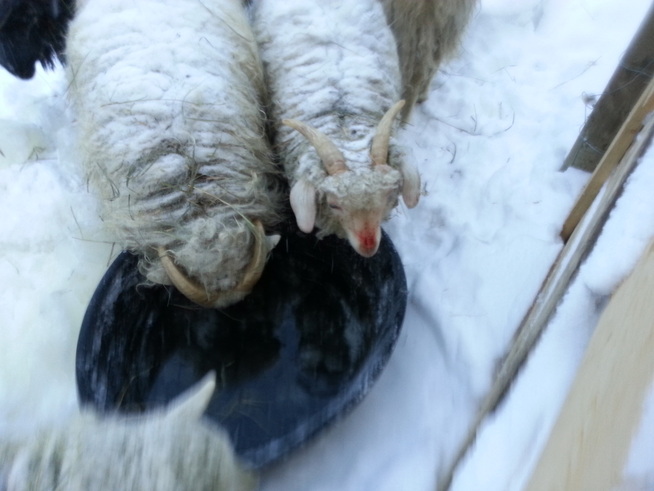 Colby, an Angora buckling, lost the skin off his wet nose when he pressed it to the metal.
Colby, an Angora buckling, lost the skin off his wet nose when he pressed it to the metal. The trees can be heard cracking loudly when it is crispy cold, freezing as they stand. In the winds, these weakened trees are blown over and up rooted or simply broken in two. No other living things are seen around the farm, no weasels, no coyotes, nothing, because of the pack of livestock guardian dogs that keep it safe. The lens on the camera continually fogs over because though it is very cold, there is also a mist in the air of ice particles. It has snowed non stop for the past three days, lightly, but non stop. One would wonder why anyone would choose to live in such a frigid area, and yet, further north, there are much colder regions where people also live. Just because winter is so hard here in northeastern Alberta, the anticipation of the beautiful summer is so looked forward to. But, darn, it is cold right now.
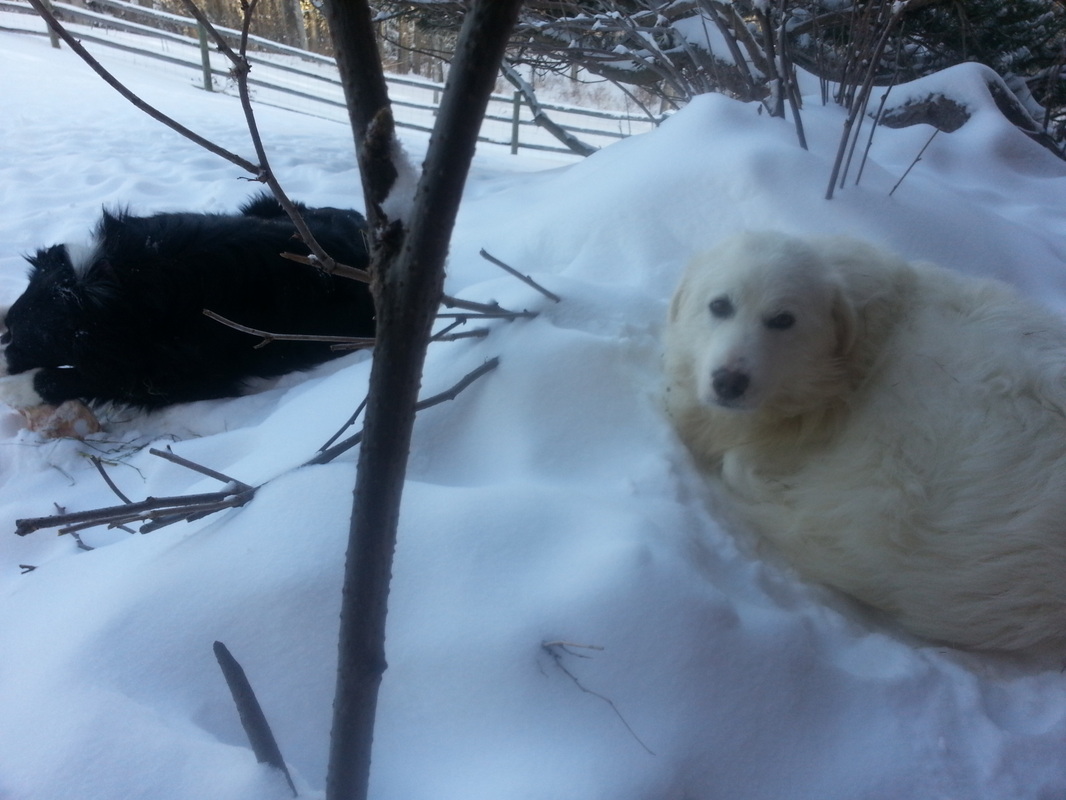

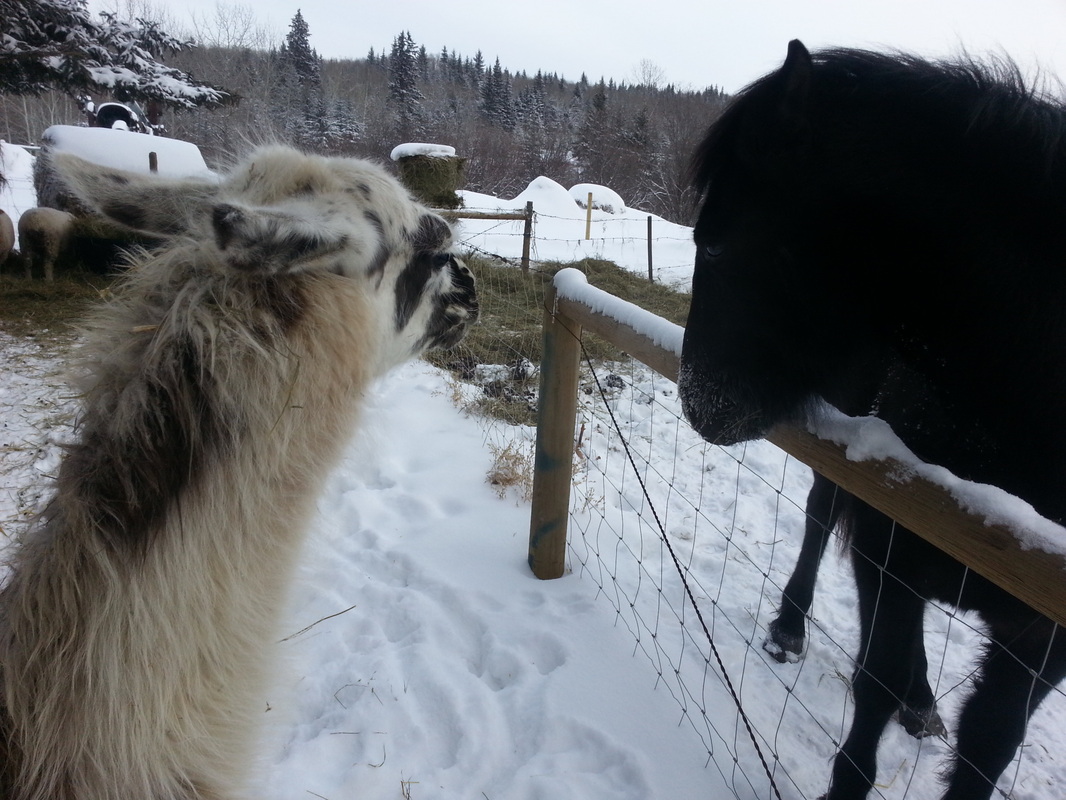
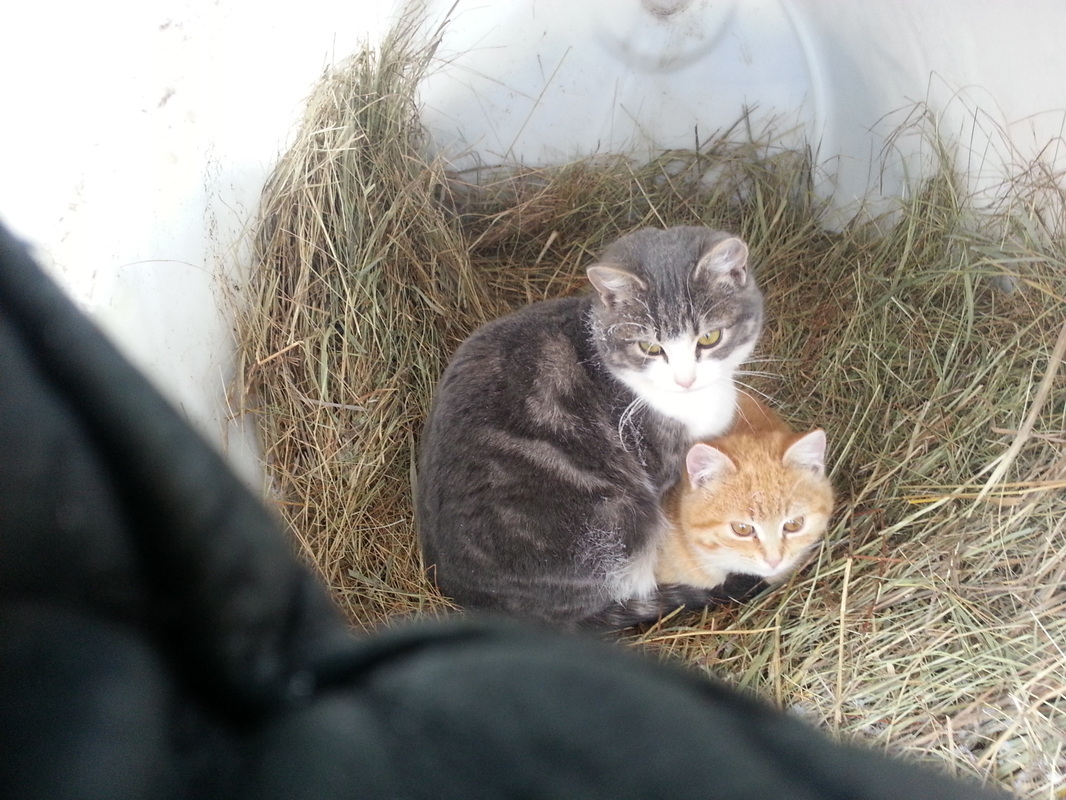
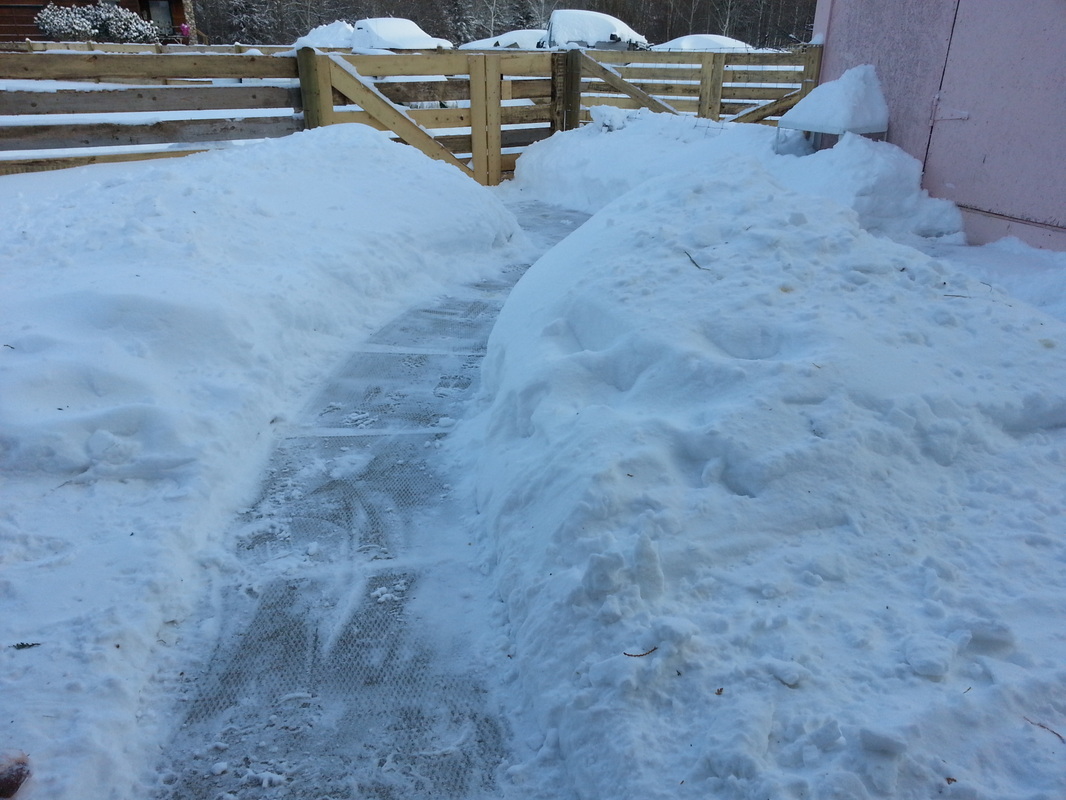
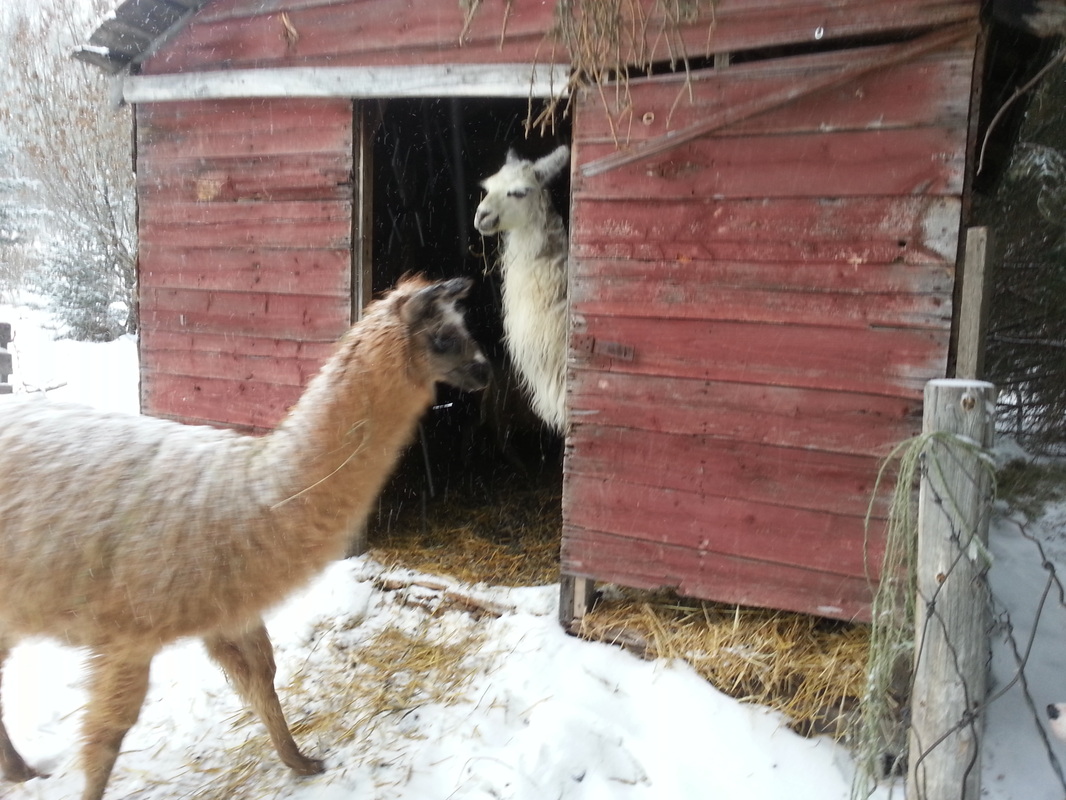
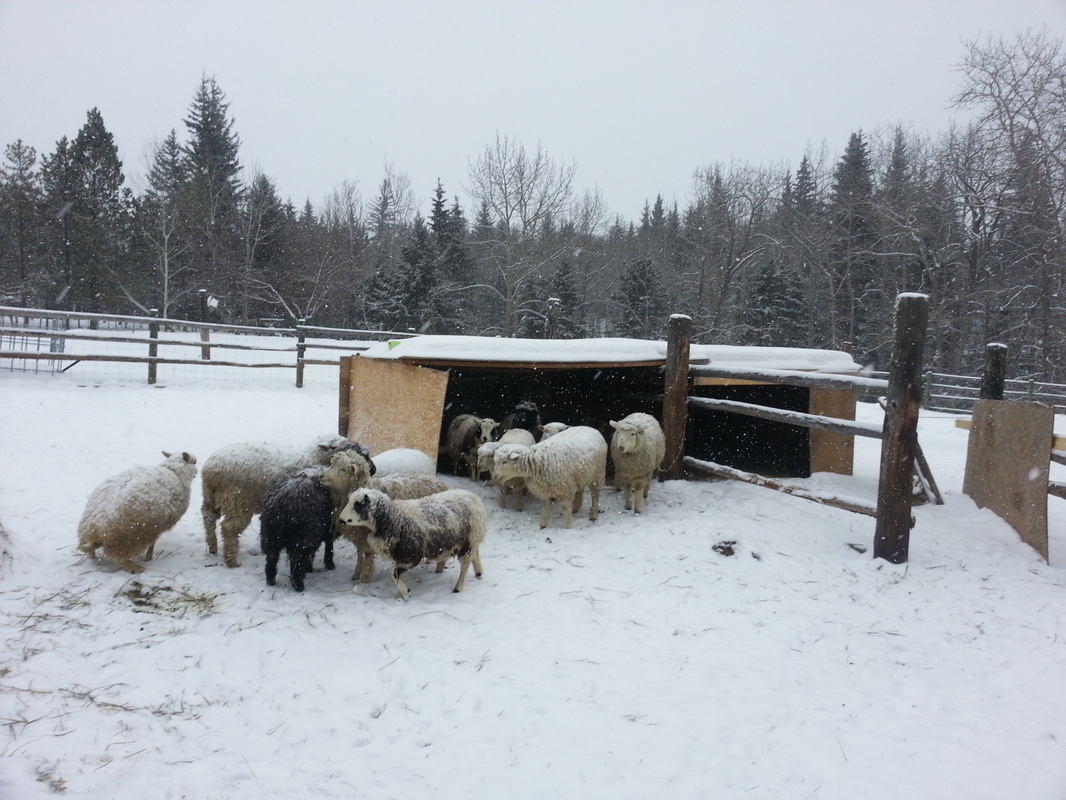
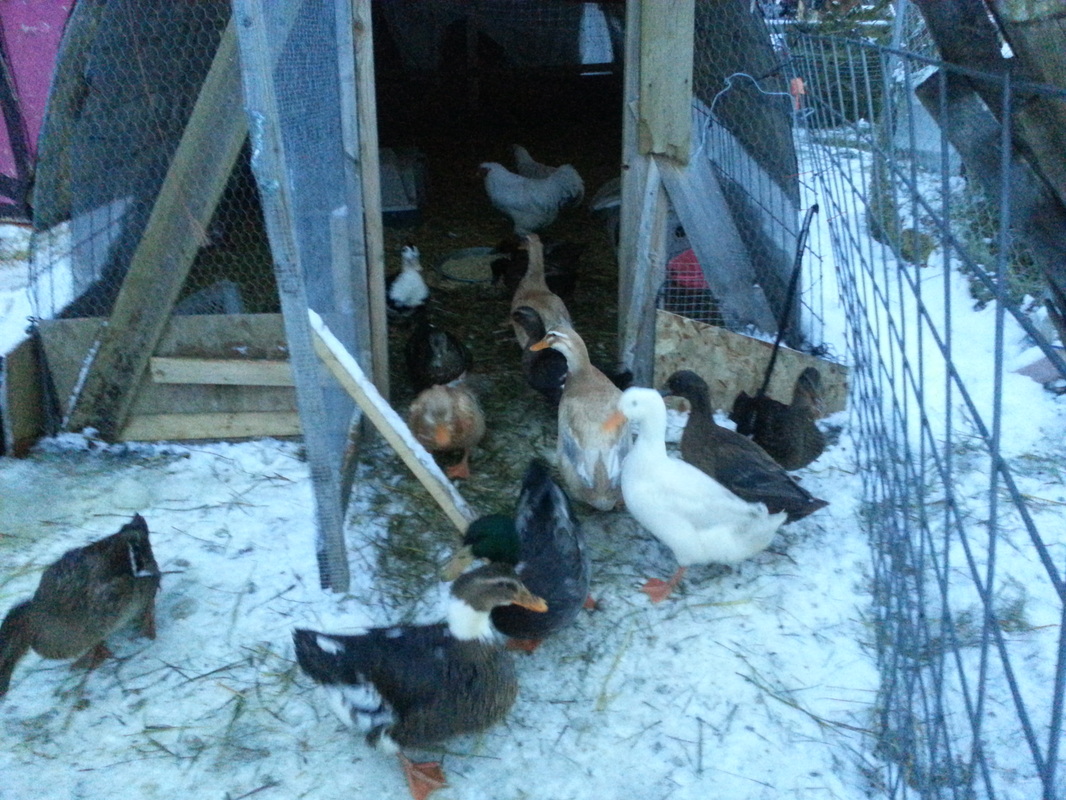
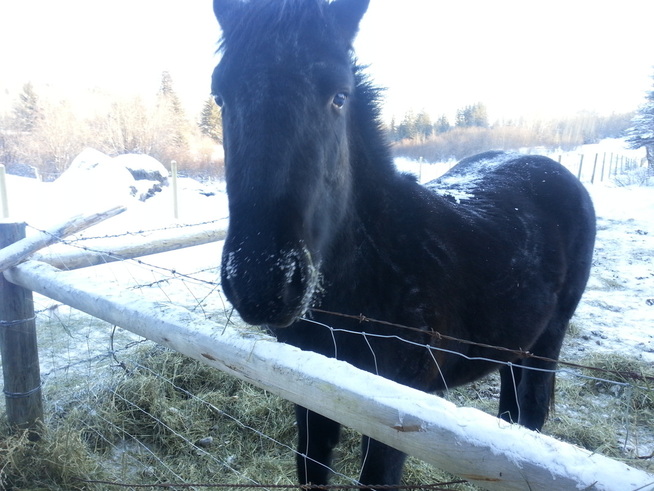
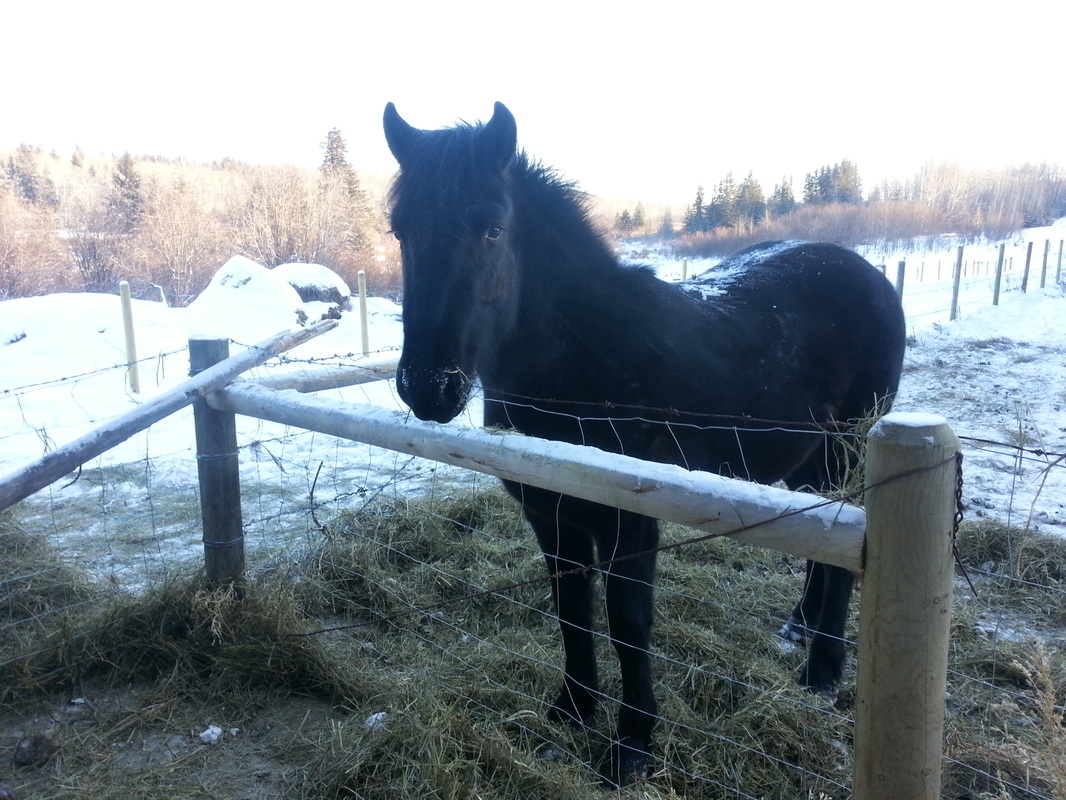
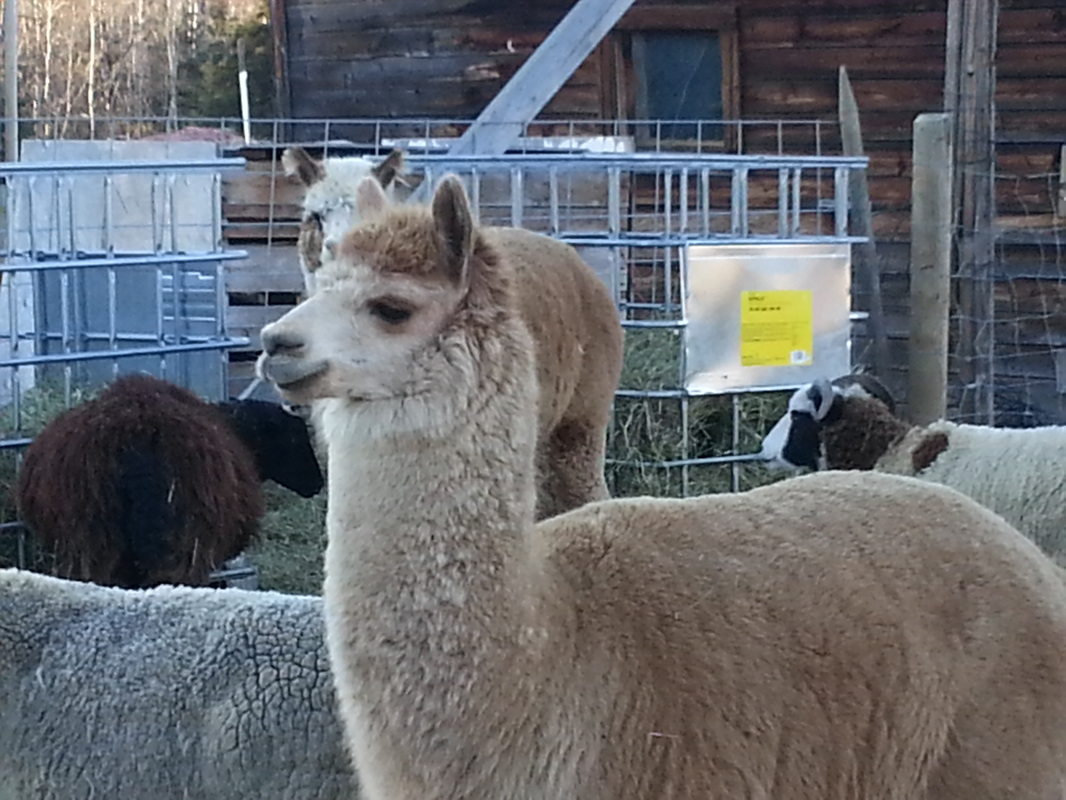
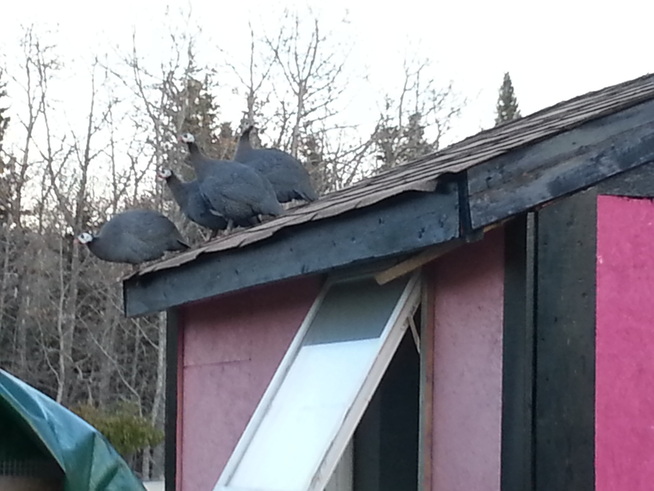
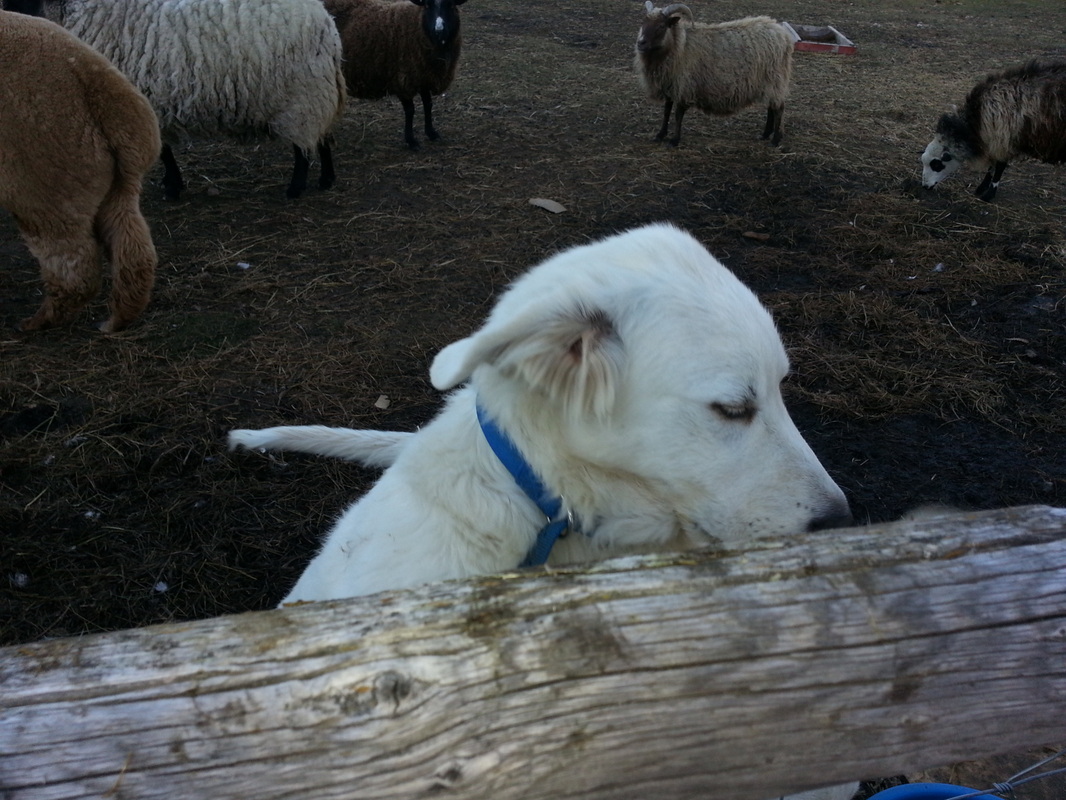
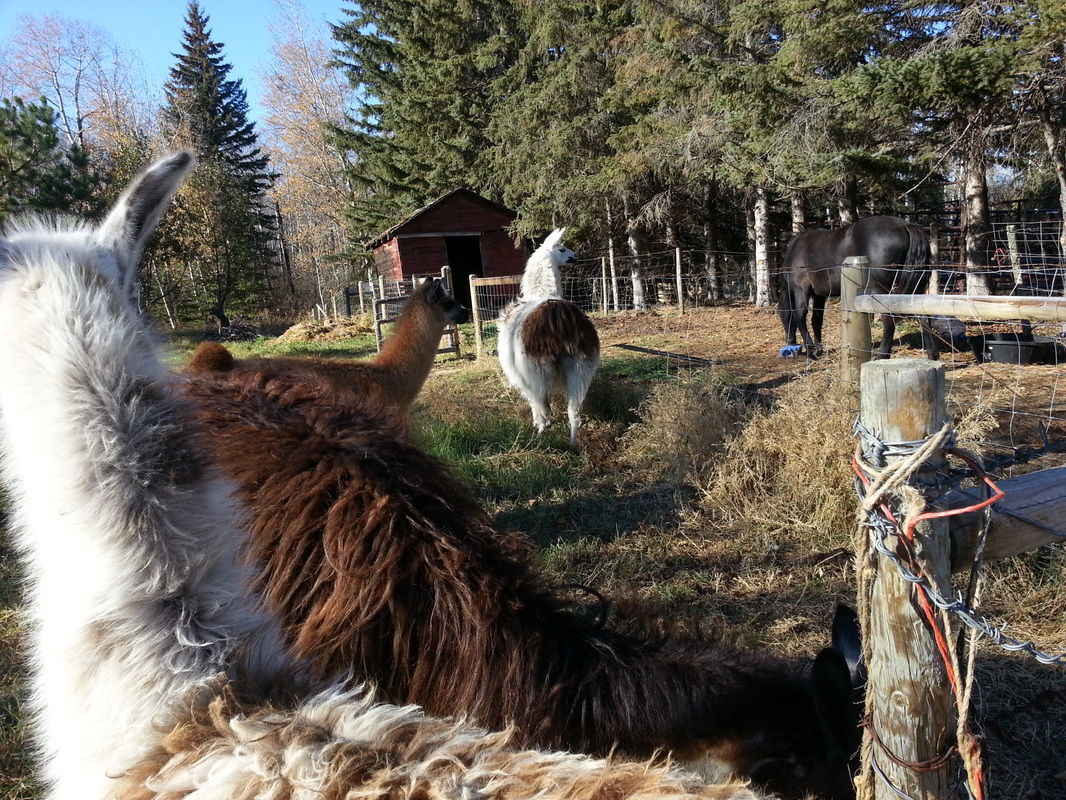
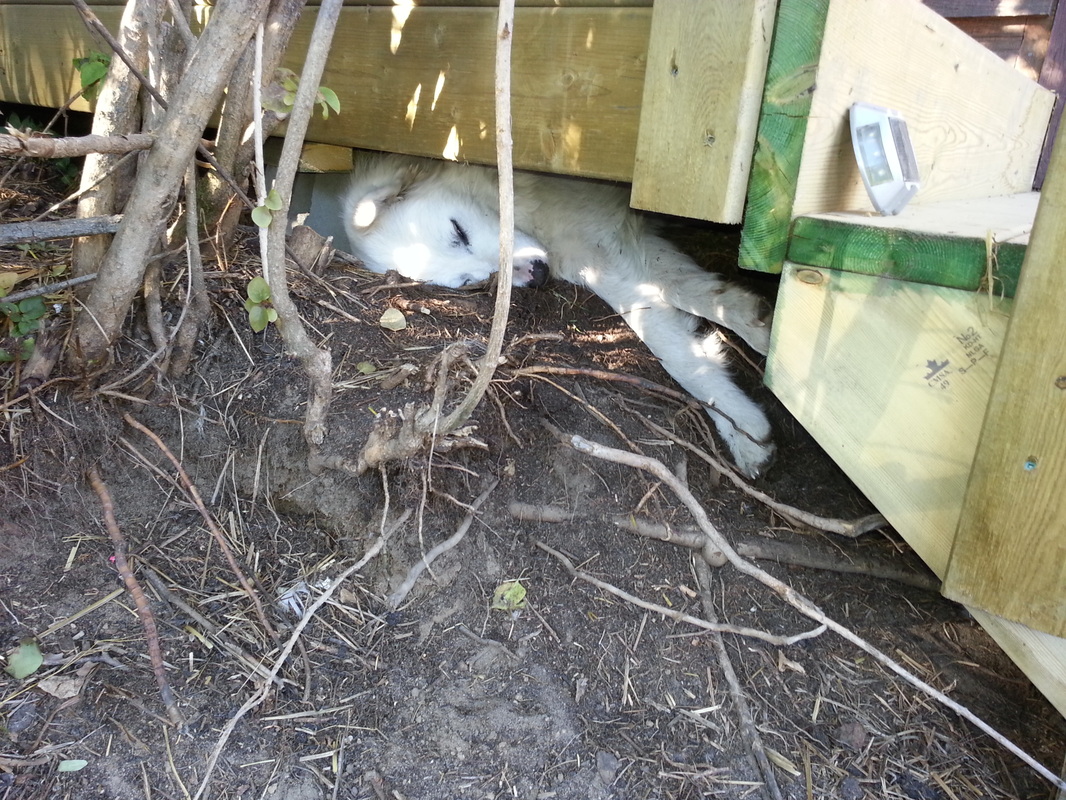
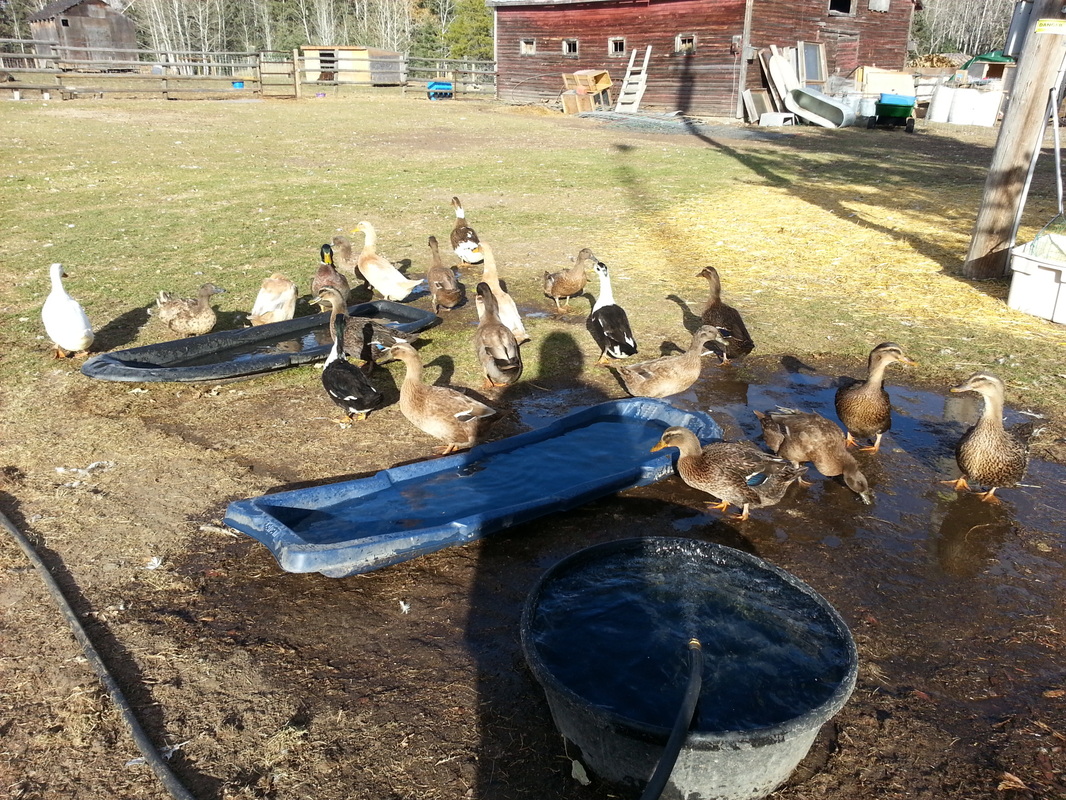
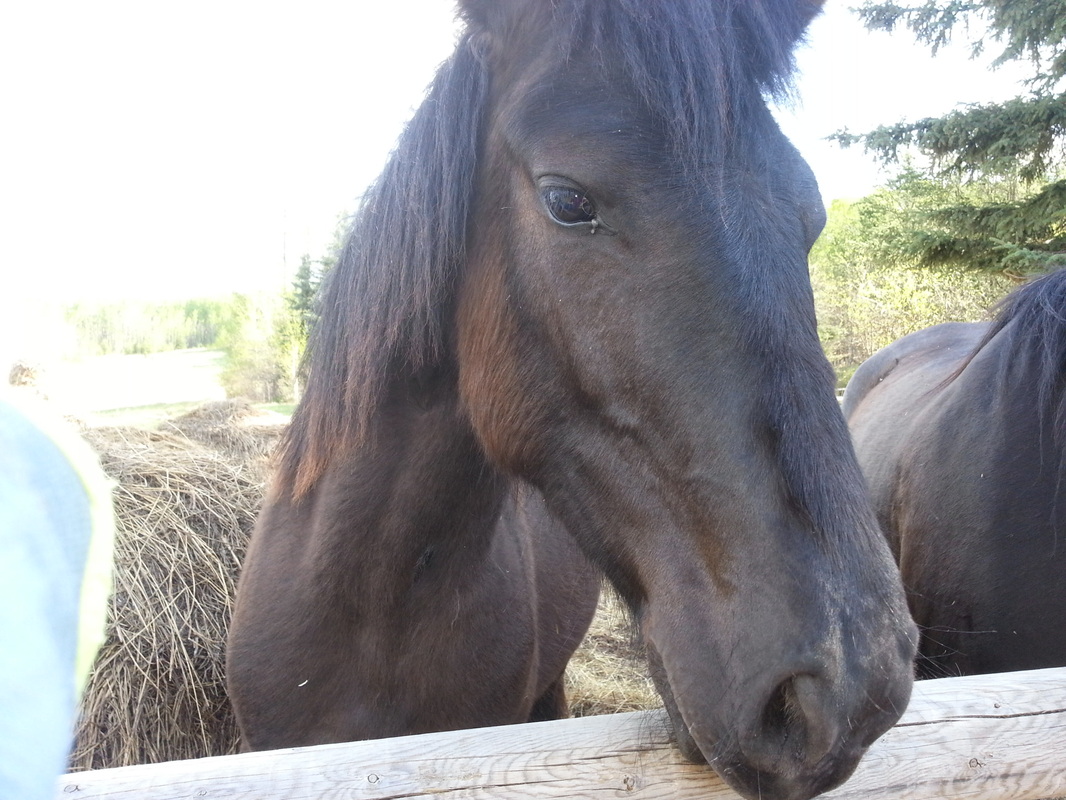

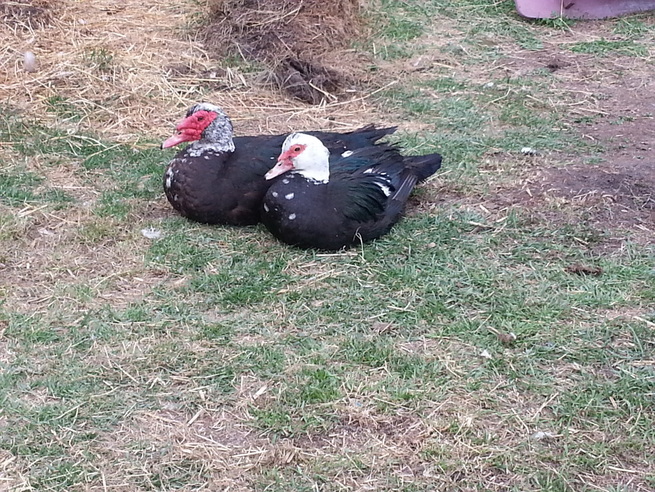
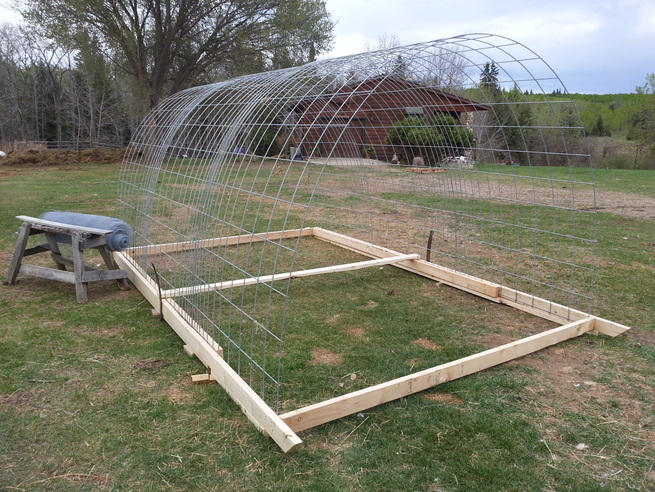
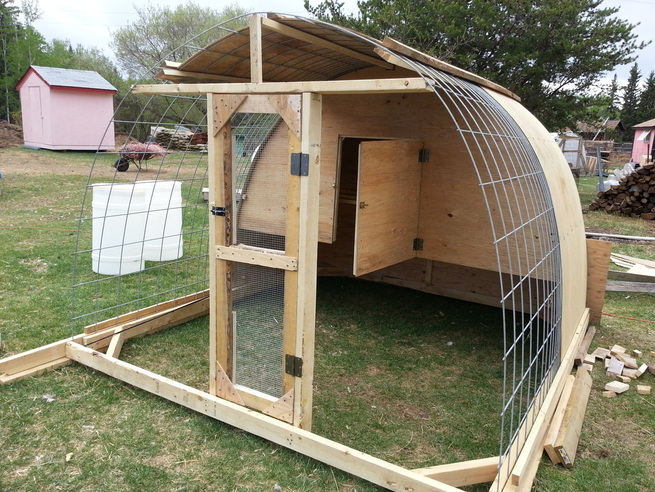
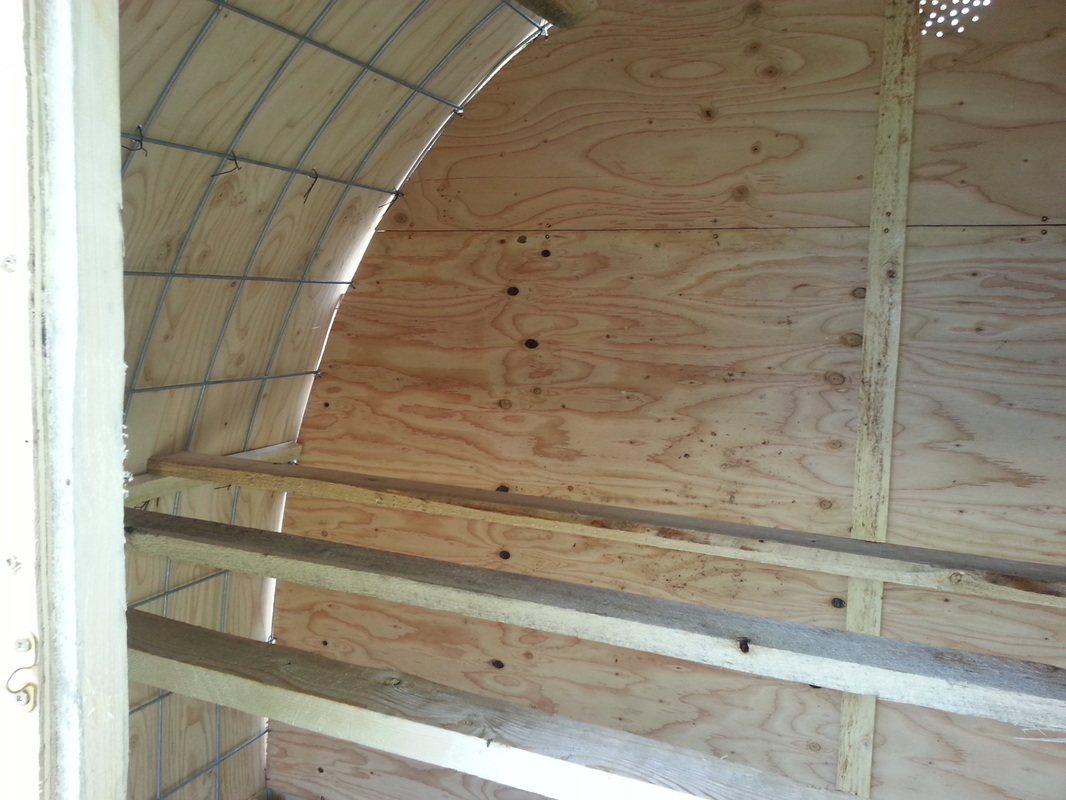
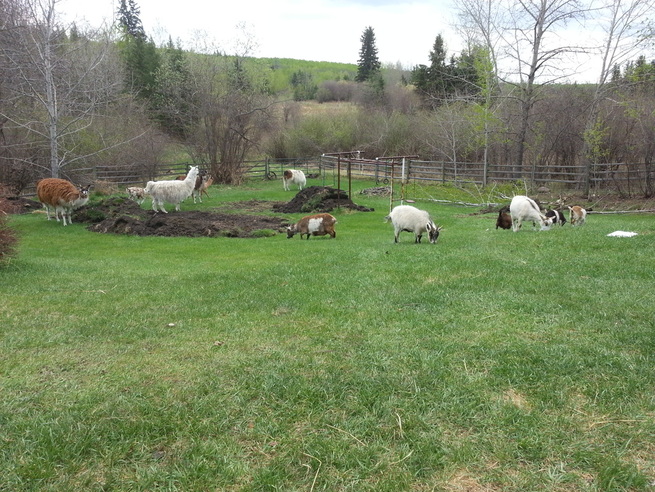
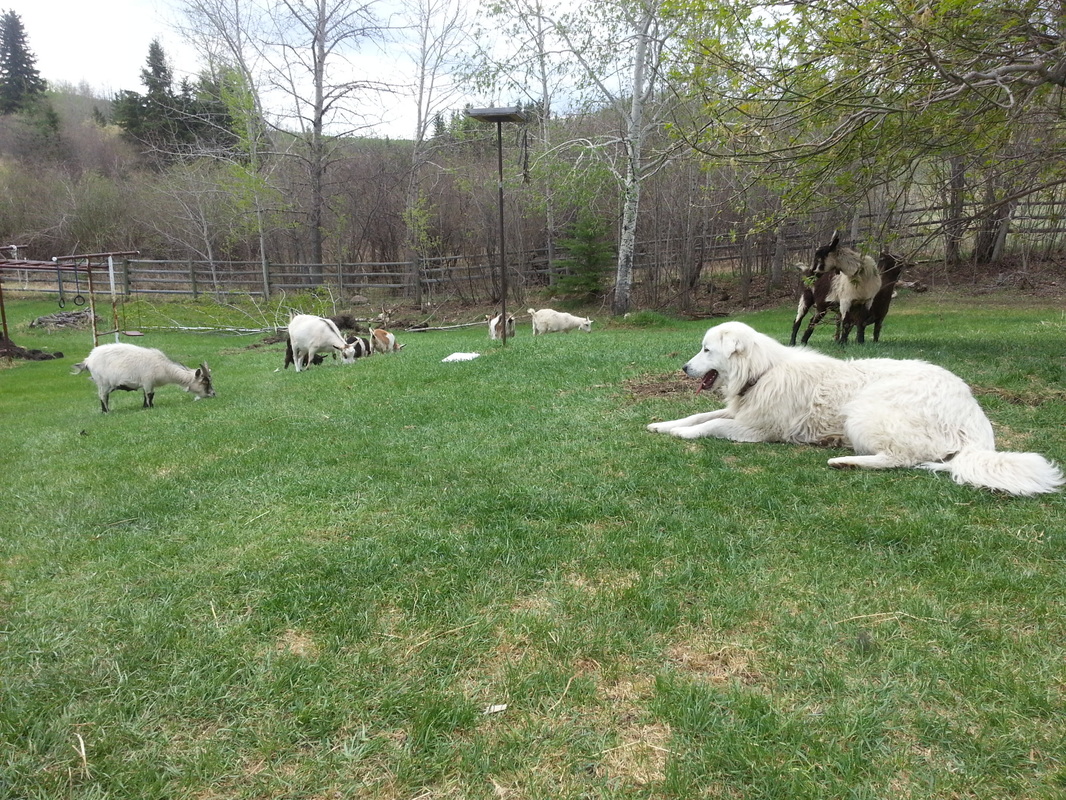
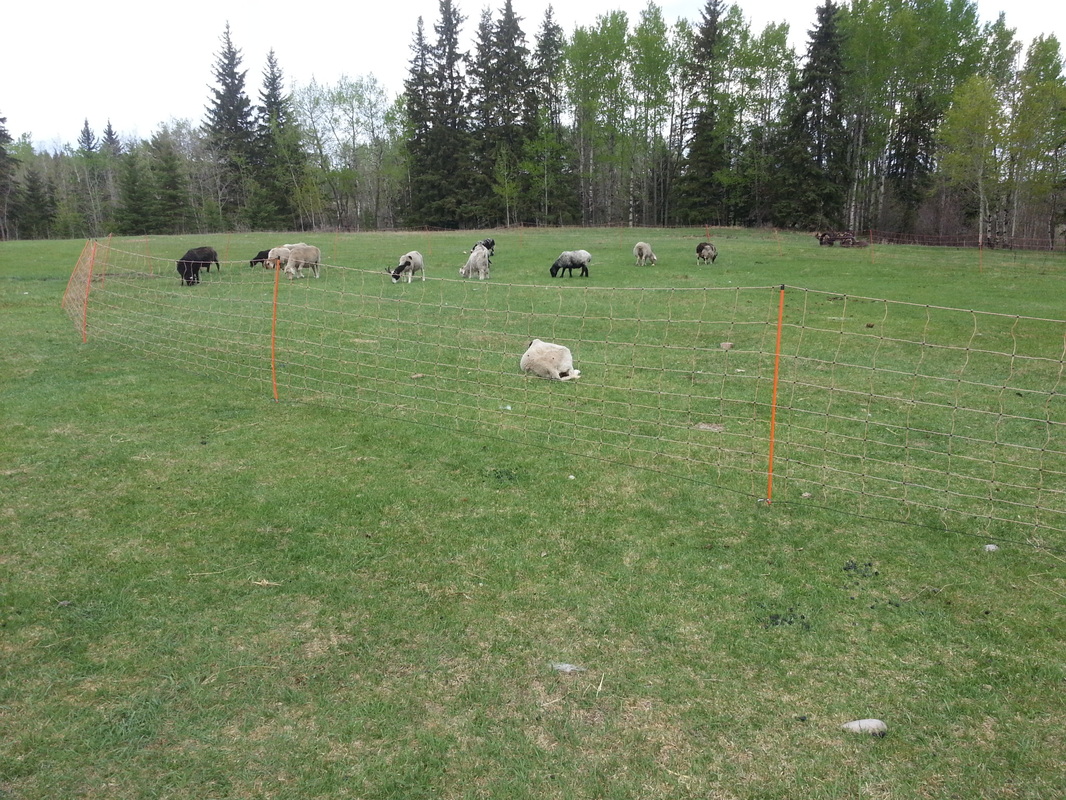
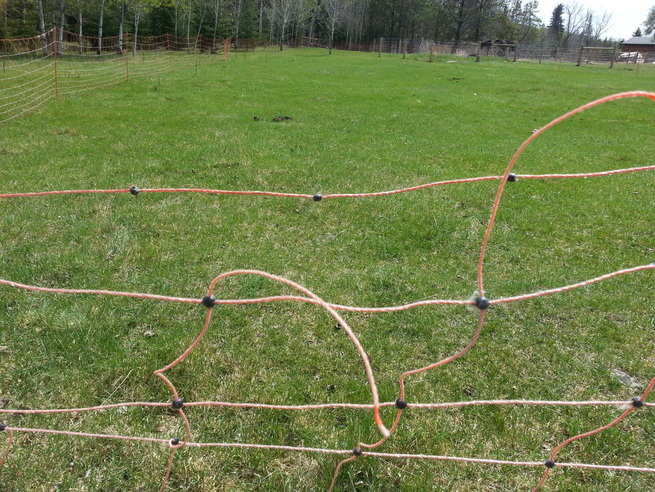
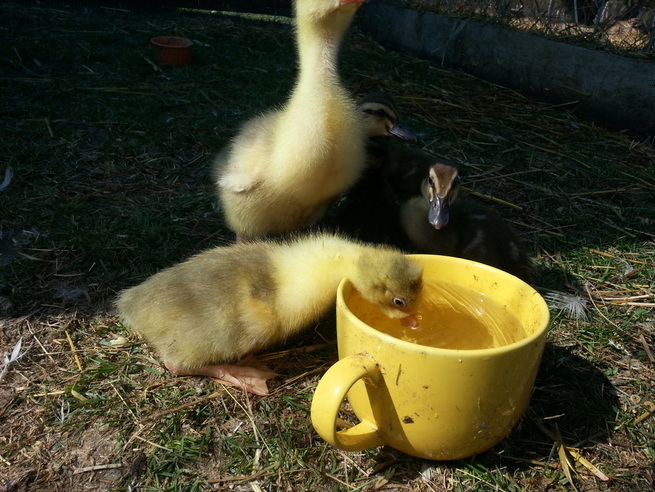
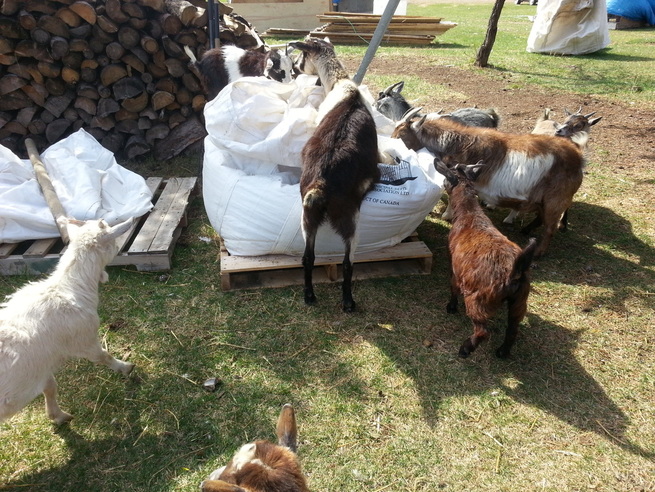
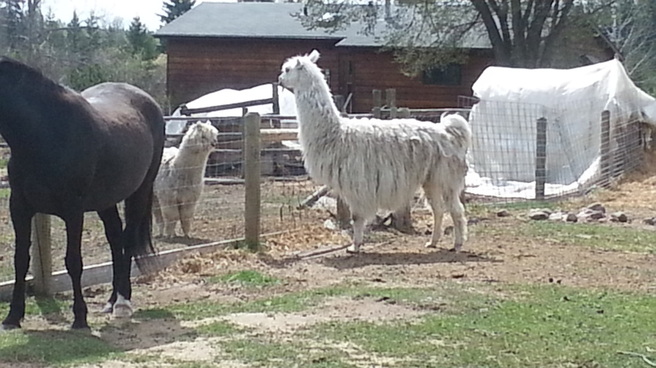

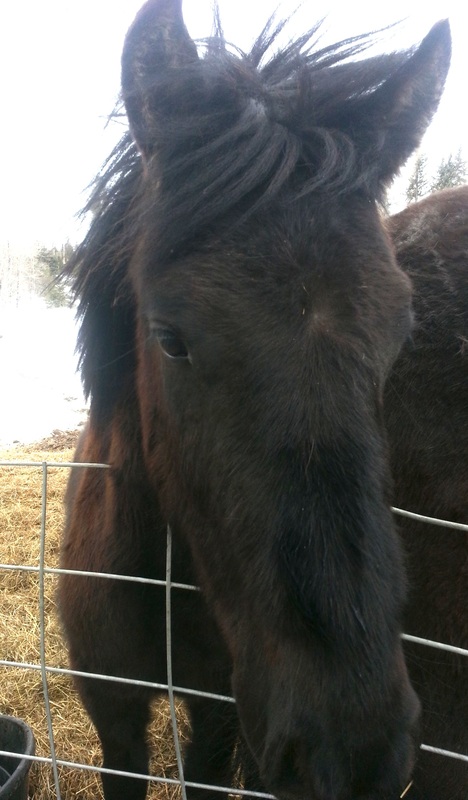
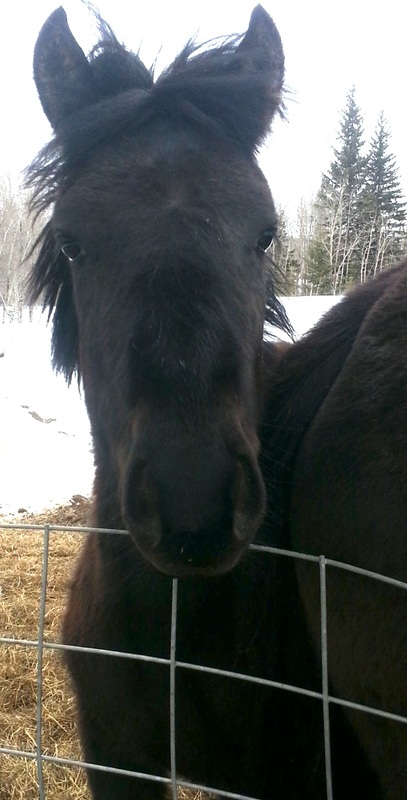
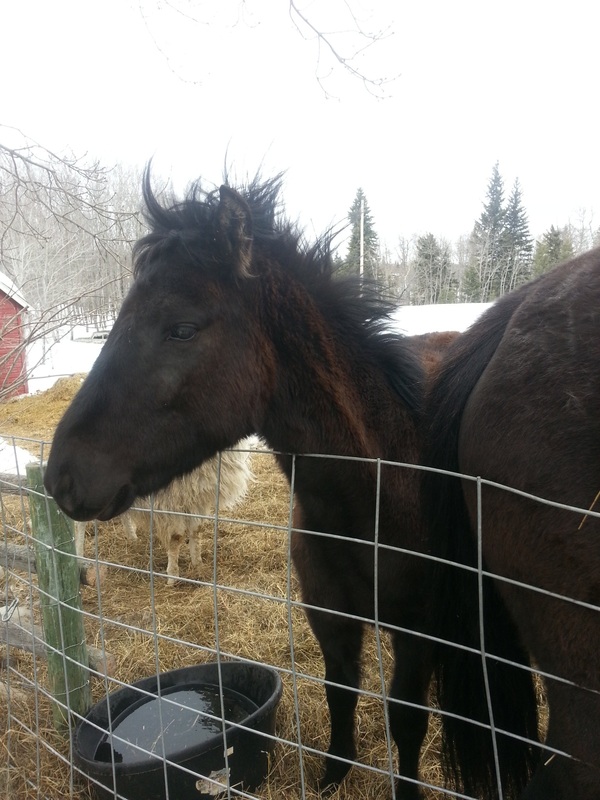
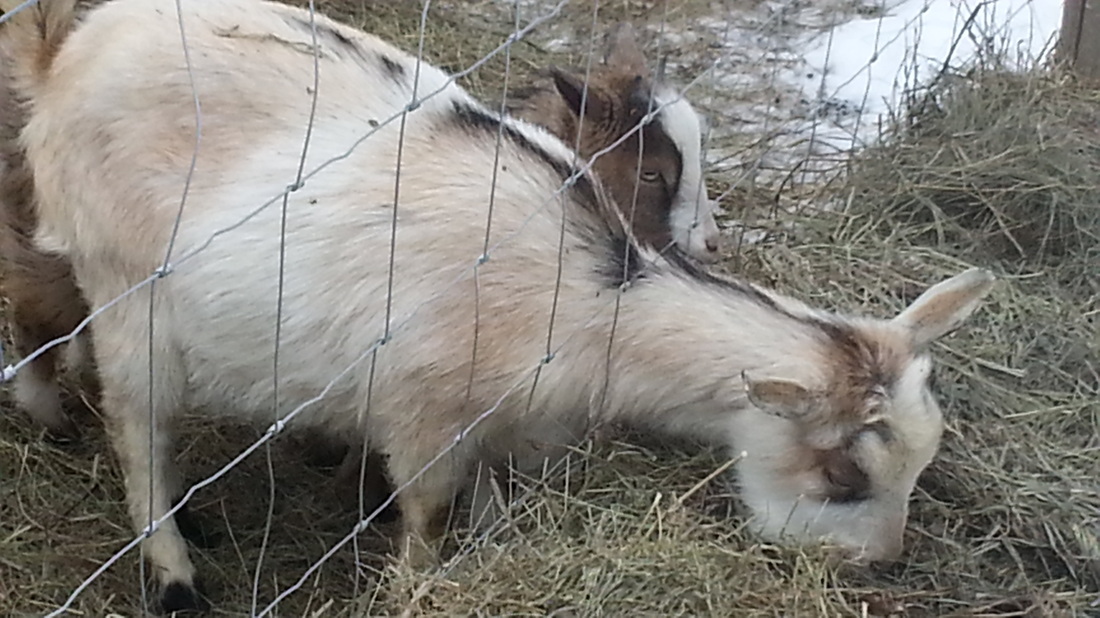
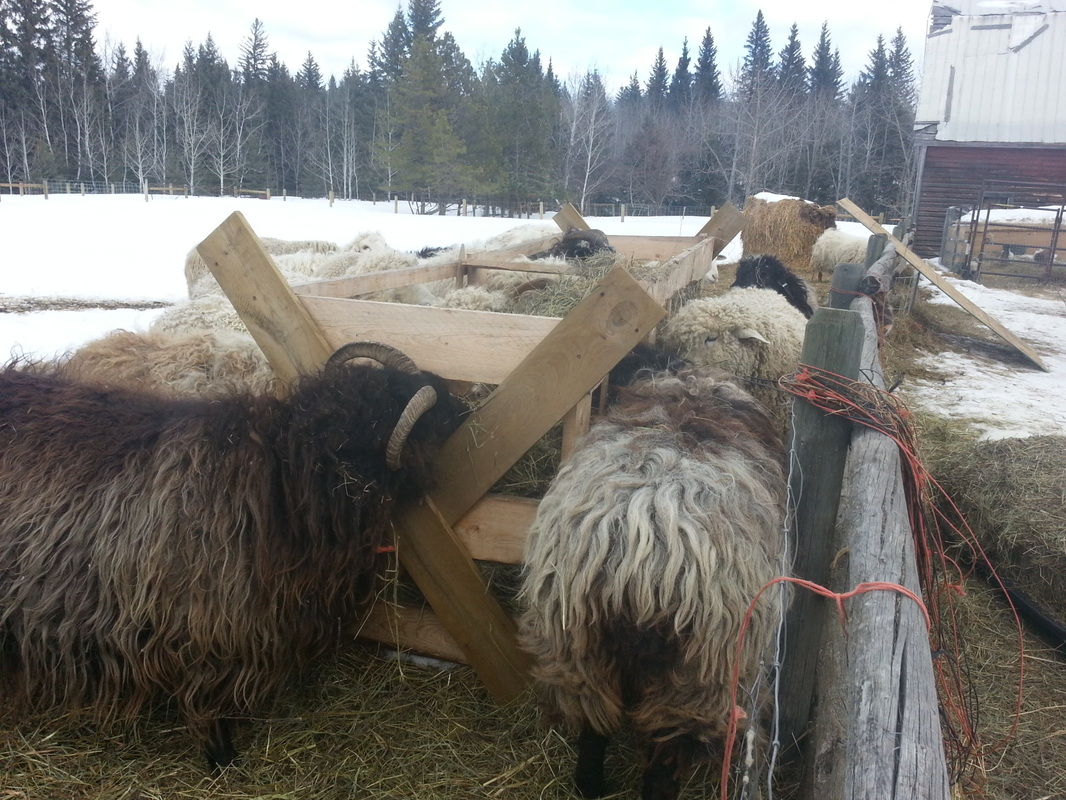
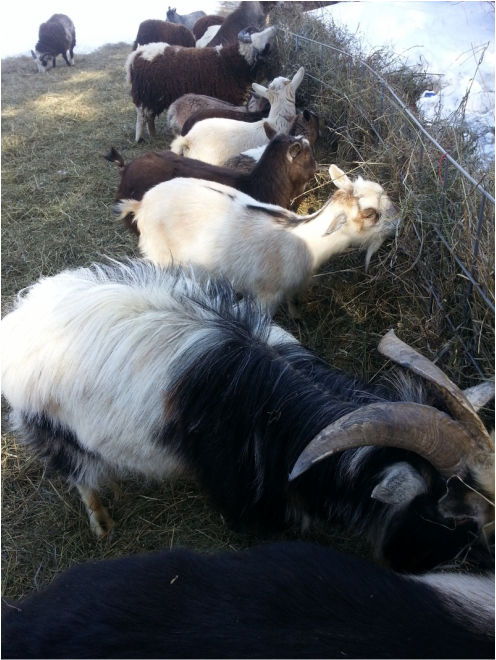
 RSS Feed
RSS Feed